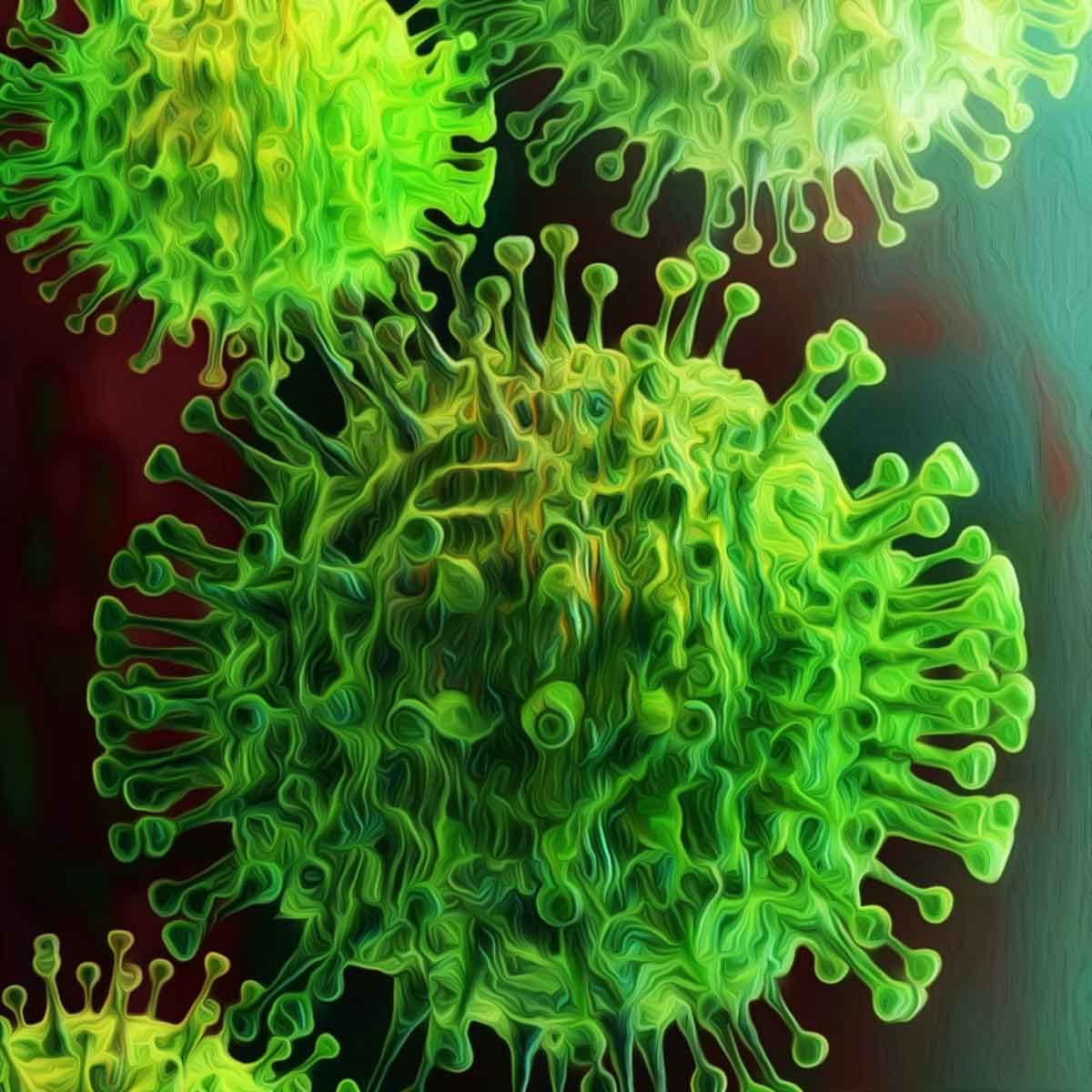Group of Wuhan scientists have sounded alarm bells of a new variant ‘NeoCoV’ which is highly infectious and virulent, leading to the death of 1 in 3 patients if infected

A group of scientists in Wuhan has sounded alarm bells for a new variant of coronavirus, dubbed as ‘NeoCoV’, which they claim is both highly infectious and virulent, leading to the death of 1 in 3 patients infected by the novel strain.
Related to the Middle East respiratory syndrome MERS-coronavirus, NeoCoV carries with it the potentially combined high mortality rate of MERS-CoV (where one in three infected people die on average) and the high transmission rate of the current SARS-CoV-2 coronavirus, the researchers have said.
A research report published on the bioRxiv website says COVID-19 vaccinations are inadequate to protect humans from any complications caused by the infections caused by the NeoCoV virus. It is notable to mention, however, that the study has not been peer-reviewed so far and has been released in preprint.
 |
According to a report published in Sputnik, the new strain of coronavirus was found first in the bat population in South Africa and was then spread to other animals specified. The scientists claim the virus needs just mutation to turn it into a zoonotic pathogen, capable of infiltrating human cells.
As per research, the strain is significantly more dangerous than other variants because of its ability to bind to the ACE2 receptor differently than the previous strains. As a consequence, the antibodies and protein molecules produced by humans are not immune to fight the respiratory diseases and complications induced by the infection caused by the NeoCoV.
In response to the findings of the new study, Russian researchers from Vector Russian State Research Centre of Virology and Biotechnology are believed to be aware of the research conducted by Wuhan scientists on NeoCoV coronavirus. But they added that the new virus at present is not capable of transmitting among humans.
The research findings come at a time when the coronavirus caseloads are once again on the rise across the globe, driven by the new highly infectious variant of the virus, Omicron.
 |
References:
opindia.com - OpIndia Staff
 Support Us
Support Us
Satyagraha was born from the heart of our land, with an undying aim to unveil the true essence of Bharat. It seeks to illuminate the hidden tales of our valiant freedom fighters and the rich chronicles that haven't yet sung their complete melody in the mainstream.
While platforms like NDTV and 'The Wire' effortlessly garner funds under the banner of safeguarding democracy, we at Satyagraha walk a different path. Our strength and resonance come from you. In this journey to weave a stronger Bharat, every little contribution amplifies our voice. Let's come together, contribute as you can, and champion the true spirit of our nation.
 |  |  |
| ICICI Bank of Satyaagrah | Razorpay Bank of Satyaagrah | PayPal Bank of Satyaagrah - For International Payments |
If all above doesn't work, then try the LINK below:
Please share the article on other platforms
DISCLAIMER: The author is solely responsible for the views expressed in this article. The author carries the responsibility for citing and/or licensing of images utilized within the text. The website also frequently uses non-commercial images for representational purposes only in line with the article. We are not responsible for the authenticity of such images. If some images have a copyright issue, we request the person/entity to contact us at satyaagrahindia@gmail.com and we will take the necessary actions to resolve the issue.
Related Articles
- “Covid-19 virus is from China and it was intentionally leaked by China’s CCP” says Chinese virologist
- Viral video: Mayhem at UK stadium for vaccination, thousands gather only to be denied vaccine after waiting for hours
- Trump blasts Fauci after release of Covid-19 emails, says it vindicates his ‘lab origin’ theory and demands China pay $10 Trillion
- Dr Fauci, Peter Daszak and more: The damning involvement of American scientists and bureaucrats in suppressing truth about Covid origins
- Video evidence shows there were live bats in Wuhan lab, DRASTIC exposes Peter Daszak again
- If Modi’s ‘Vaccine Diplomacy’ wrong, Sonia Gandhi’s ‘Eurozone Bailout’ wrong
- Washington Post quietly edits 2020 report that had branded Covid-19 origin from a Wuhan lab as ‘debunked conspiracy theory’
- 'Badhai ho India': India crosses one billion vaccination milestone
- China's 39 Air Force aircraft breached the air defence zone of Taiwan on Sunday as the largest incursion in Taiwanese territory since Oct 2021: Aggression of Communist regime continues
- Chinese authorities tortured and arrested Tibet Monks for ‘leaking info’ after forcing them to watch the demolition of 99 foot tall Buddha in Draggo county, Kham, Tibet
- ‘Debt trap’ policy of China to undermine sovereignty of nation-States has begun to backfire
- Missionaries converted over 1 lakh people amidst the pandemic, claims to have planted more churches than all the 25 years of their work in India
- Pakistan has repeatedly raised concerns about atrocities on Muslims anywhere in the world, but joined China in the exploitation of Uyghur Muslims in Xinjiang: China has done large investments in Pakistan
- Explained: China’s Village Construction In Bhutan’s Territory And What It Wants To Achieve With This Creeping Invasion
- Viral video shows Agra hospital owner admitting he switched off oxygen of critical patients, probe ordered













